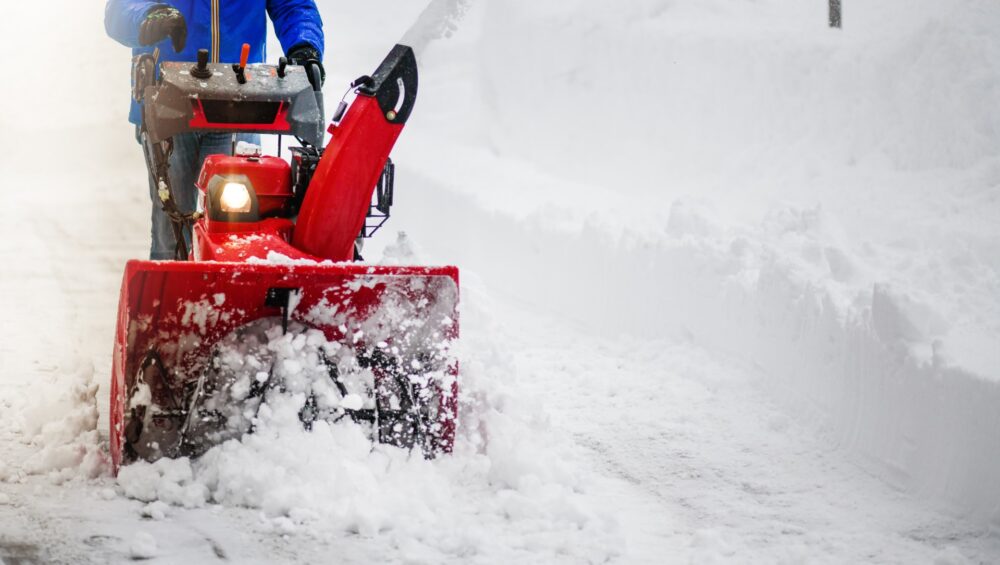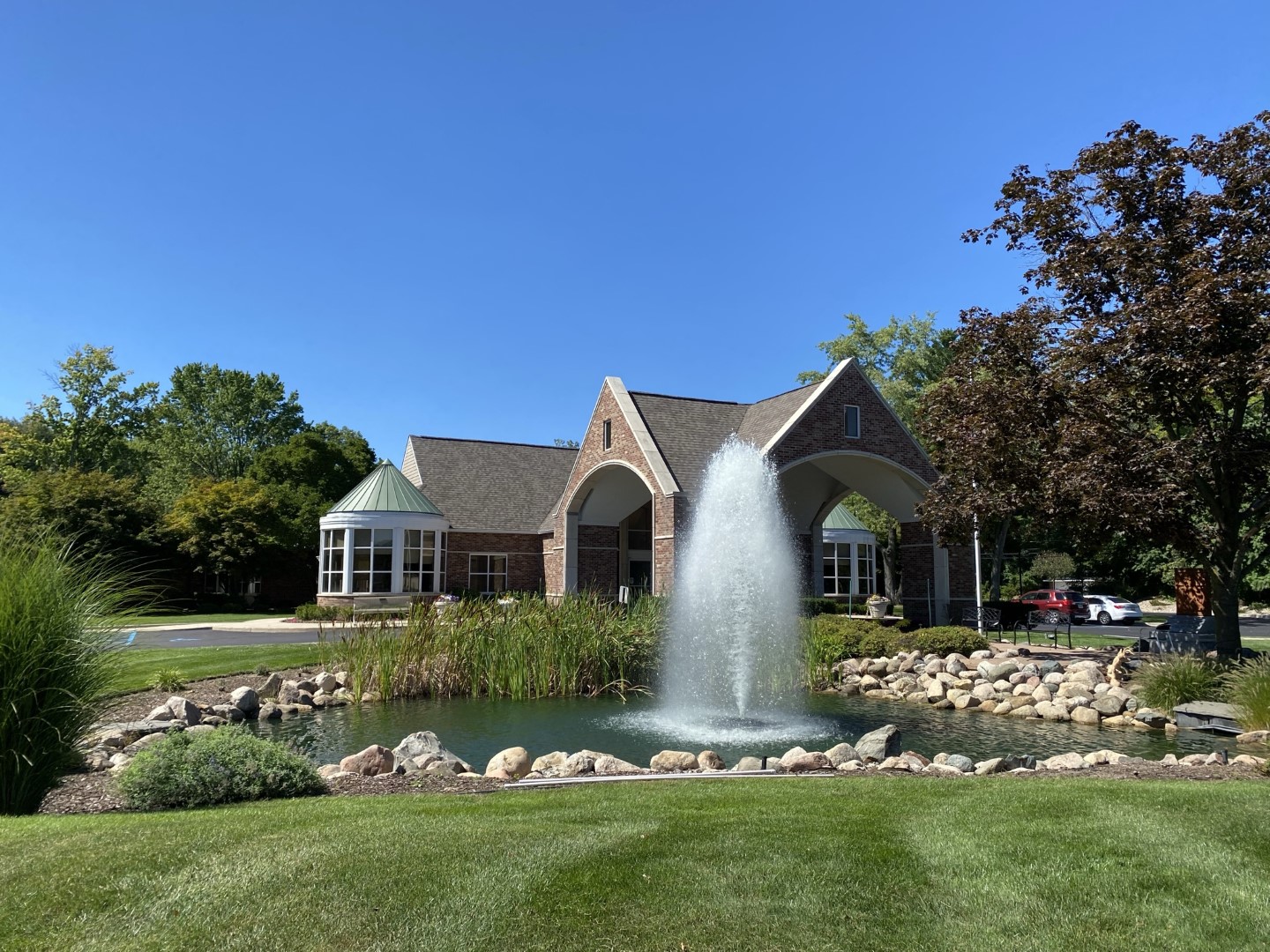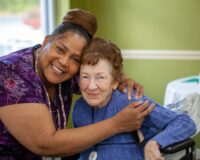Winter weather can bring challenges such as snowstorms, icy conditions, and power outages that pose significant risks for seniors. Proper preparation is essential to ensure that older adults stay safe, warm, and healthy during winter emergencies. From stocking up on medical supplies to creating a comprehensive safety plan, seniors and their families can take proactive steps to stay secure and prepared. Here’s a guide to winter emergency preparedness for seniors, focusing on medical equipment, safety essentials, and practical tips.
-
Create a Winter Emergency Kit
Why It’s Important: A well-stocked emergency kit provides essential supplies during power outages, extreme weather, or emergencies. For seniors, this kit should include specific items that address their medical and mobility needs.
What to Include in the Kit:
- Basic Emergency Supplies: Include flashlights, batteries, blankets, bottled water, and non-perishable food items. Ensure easy access to these supplies in case of power outages or limited mobility.
- Medical Essentials: Pack at least a 7-day supply of medications, along with a list of prescriptions and dosages. Include spare glasses, hearing aid batteries, and any other personal medical necessities.
- First Aid Kit: Include items like bandages, antiseptic wipes, and over-the-counter pain relievers. This ensures quick treatment for minor injuries or illnesses.
- Communication Tools: Have a fully charged mobile phone, power bank, and a battery-operated or hand-crank radio to stay informed about weather alerts and updates.
Family Involvement Tip: Help your loved one assemble their emergency kit and ensure it’s easily accessible in their home. Periodically check and restock the kit as needed.
-
Prepare for Medical Equipment Needs
Why It’s Important: Seniors who rely on medical equipment such as oxygen concentrators, CPAP machines, or mobility aids must ensure these devices remain functional during power outages or emergencies.
Tips for Medical Equipment Preparation:
- Backup Power Options: For devices that require electricity, such as oxygen machines or CPAP devices, have a backup power source like a portable generator or battery pack. Ensure the backup power is charged and tested regularly.
- Stock Extra Supplies: Keep additional tubing, masks, and batteries for medical devices. For those who use mobility aids like walkers or wheelchairs, have spare parts or maintenance tools on hand.
- Consider Portable Equipment: Portable oxygen concentrators or nebulizers are more versatile during emergencies. Discuss these options with your loved one’s healthcare provider if they’re not already in use.
Family Involvement Tip: Assist in setting up backup power sources and ensure your loved one knows how to use them. Check with their healthcare provider for any additional recommendations.
-
Ensure Reliable Heating and Warmth
Why It’s Important: Seniors are more susceptible to hypothermia, making it critical to maintain a warm environment during winter emergencies. Reliable heating options and warm clothing can help prevent cold-related health issues.
Tips for Staying Warm:
- Check Home Heating Systems: Ensure the furnace or heating system is functioning properly before winter begins. Keep extra fuel or heating supplies on hand if needed.
- Layer Clothing and Blankets: Encourage the use of thermal undergarments, fleece-lined clothing, and insulated outerwear. Have plenty of blankets or electric throws available for added warmth.
- Use Safe Heating Alternatives: If power outages occur, use battery-operated or portable heaters approved for indoor use. Avoid space heaters that pose fire or carbon monoxide risks.
Family Involvement Tip: Provide your loved one with weather-appropriate clothing, such as warm socks, hats, and gloves. Visit during cold weather to ensure their home remains adequately heated.
-
Prepare for Power Outages
Why It’s Important: Power outages during winter can disrupt heating, lighting, and medical equipment. Preparing in advance helps minimize risks and keeps seniors safe during outages.
Power Outage Preparation Tips:
- Stock Flashlights and Batteries: Avoid candles, as they pose fire hazards. Instead, use flashlights or LED lanterns to provide safe, reliable lighting.
- Keep Non-Electric Heating Options: Ensure your loved one has access to alternative heating sources, like extra blankets or a portable heater with proper ventilation.
- Plan for Refrigerated Medications: For medications that require refrigeration, have a cooler with ice packs ready to keep them at the proper temperature during power outages.
Family Involvement Tip: Check on your loved one during power outages to ensure their safety and provide additional support. If you can’t visit, arrange for a nearby neighbor to check in.
-
Plan for Mobility and Accessibility
Why It’s Important: Snow and ice can make moving around dangerous for seniors, especially those with limited mobility. Planning for mobility challenges reduces the risk of falls and ensures access to necessary resources.
Mobility Safety Tips:
- Clear Walkways and Driveways: Ensure all outdoor paths are free of snow and ice. Use sand or ice melt to improve traction and prevent slipping.
- Use Appropriate Footwear: Provide sturdy, non-slip boots to reduce fall risks. Consider adding ice cleats for extra traction on icy surfaces.
- Keep Mobility Aids Accessible: If your loved one uses a cane, walker, or wheelchair, ensure it’s in good condition and easily accessible. Attach rubber tips or ice grips to canes for added safety.
Family Involvement Tip: Arrange for snow removal services if your loved one lives independently. During visits, check the condition of walkways and mobility aids.
-
Stay Connected and Informed
Why It’s Important: Staying informed about weather conditions and maintaining communication with loved ones ensures seniors receive timely updates and assistance during emergencies.
Tips for Staying Connected:
- Monitor Weather Alerts: Sign up for local weather alerts via phone or email. A battery-operated or hand-crank radio can provide updates during power outages.
- Create a Communication Plan: Establish a plan for checking in during emergencies. Share a list of emergency contacts, including neighbors or nearby friends who can assist.
- Keep Important Documents Handy: Have copies of medical records, emergency contacts, and insurance information stored in a waterproof bag.
Family Involvement Tip: Regularly check in with your loved one during winter weather events. If you live far away, arrange for a neighbor or friend to check on them as part of your emergency plan.
-
Seek Medical Attention Promptly if Needed
Why It’s Important: Winter emergencies can lead to health complications, such as hypothermia, frostbite, or respiratory infections. Seeking medical attention promptly helps prevent minor issues from becoming serious.
Signs to Watch For:
- Hypothermia: Symptoms include shivering, confusion, slurred speech, and extreme fatigue. If these occur, warm your loved one gradually and seek medical care.
- Respiratory Issues: Coughing, difficulty breathing, or chest pain may indicate respiratory infections or complications.
- Falls or Injuries: Ensure injuries from falls or mobility challenges are addressed immediately to prevent further complications.
Family Involvement Tip: Know the locations of nearby urgent care centers or hospitals. Be prepared to assist with transportation if emergency services are needed.
Final Thoughts
Preparing for winter emergencies is crucial for seniors, as cold weather and power outages can pose significant risks to their safety and health. By creating an emergency kit, preparing for medical equipment needs, and ensuring a warm and safe environment, seniors and their families can confidently navigate winter challenges. Proactive planning, regular communication, and thoughtful support from loved ones ensure that seniors stay safe, comfortable, and healthy throughout the winter season.





